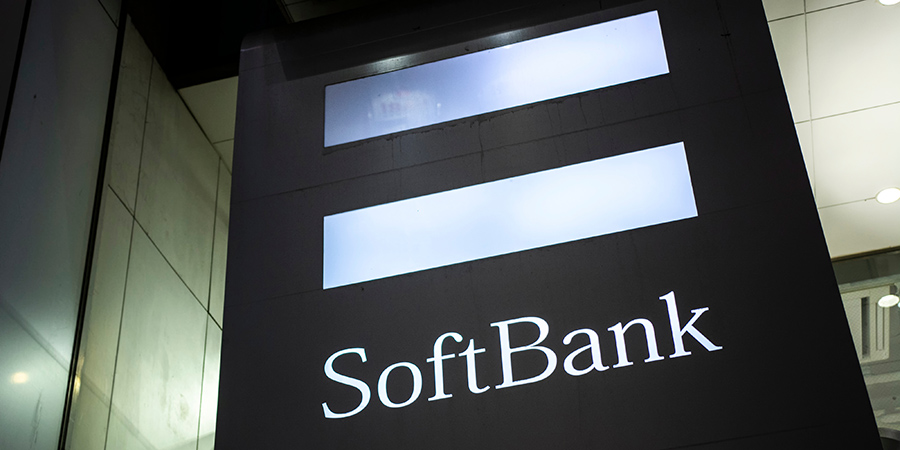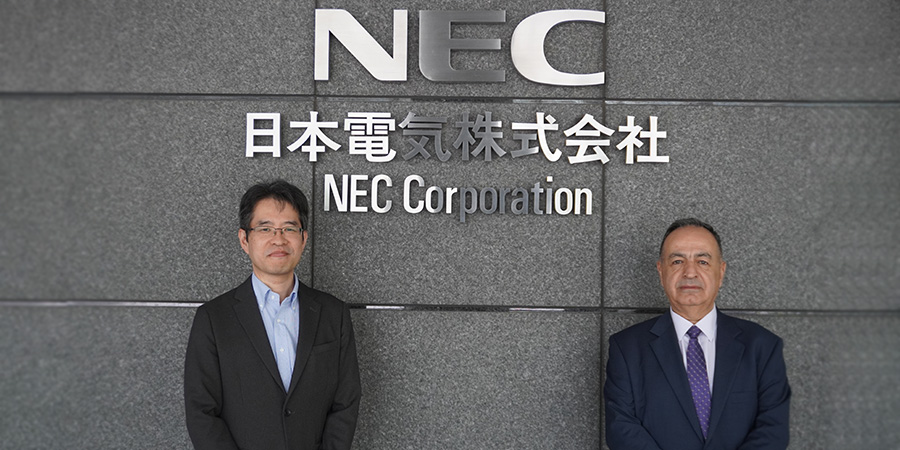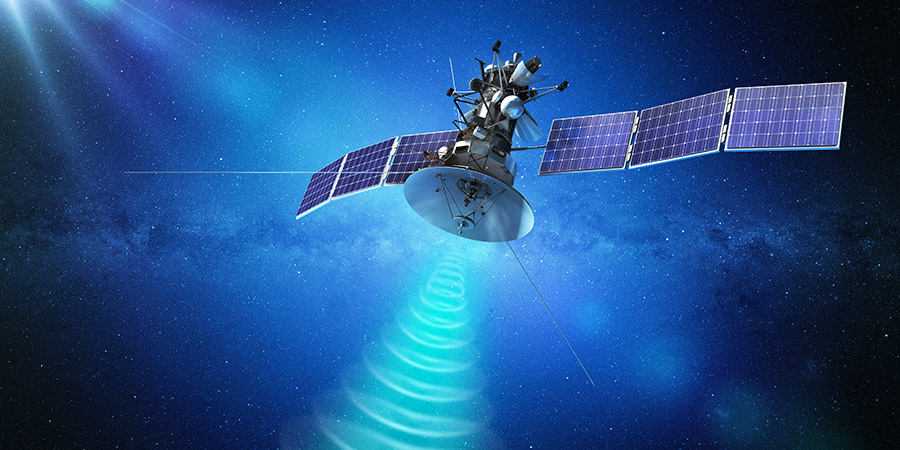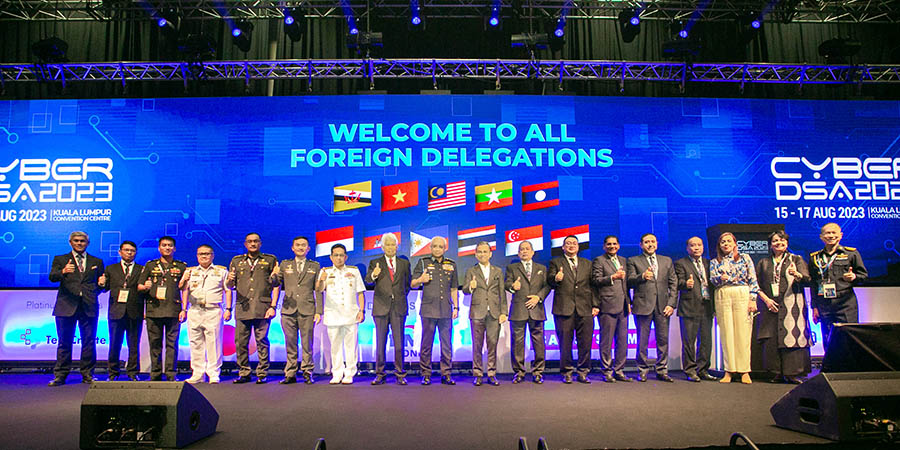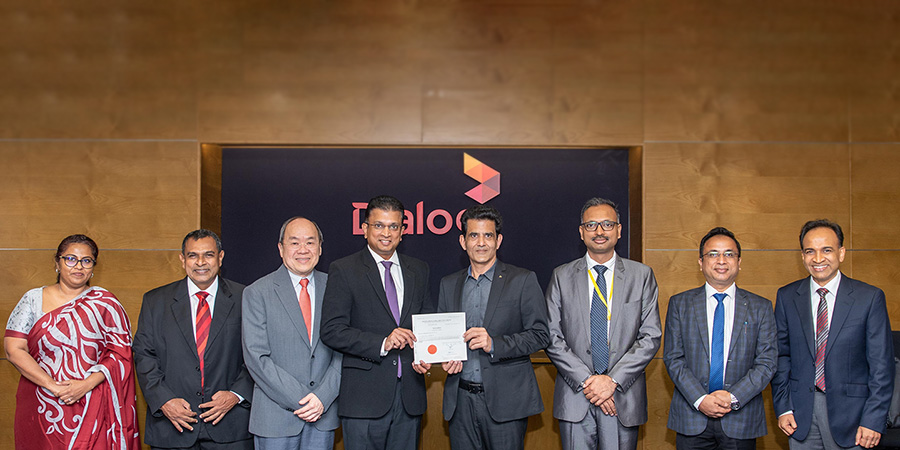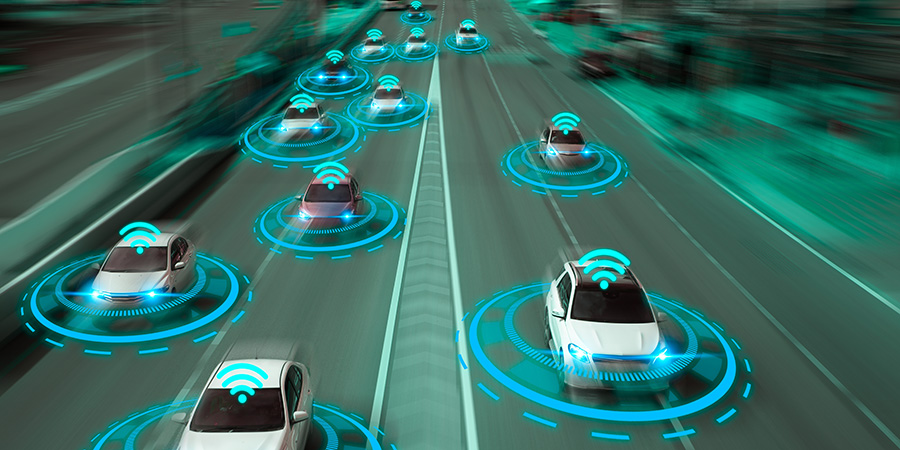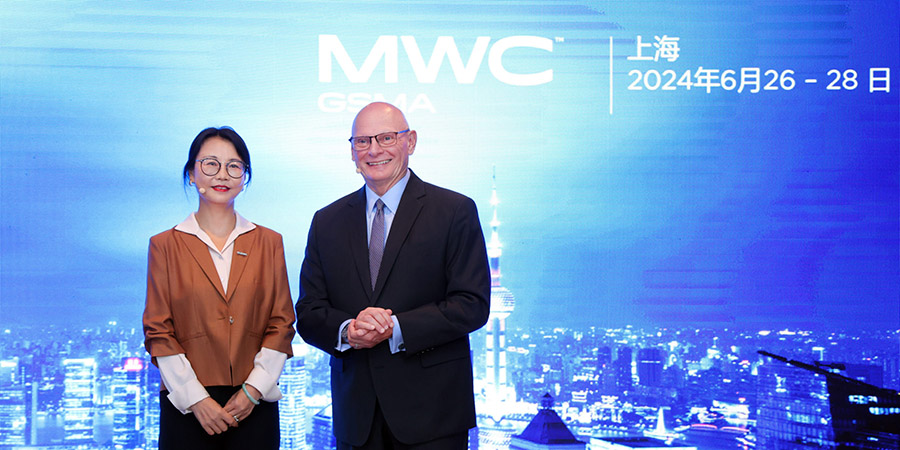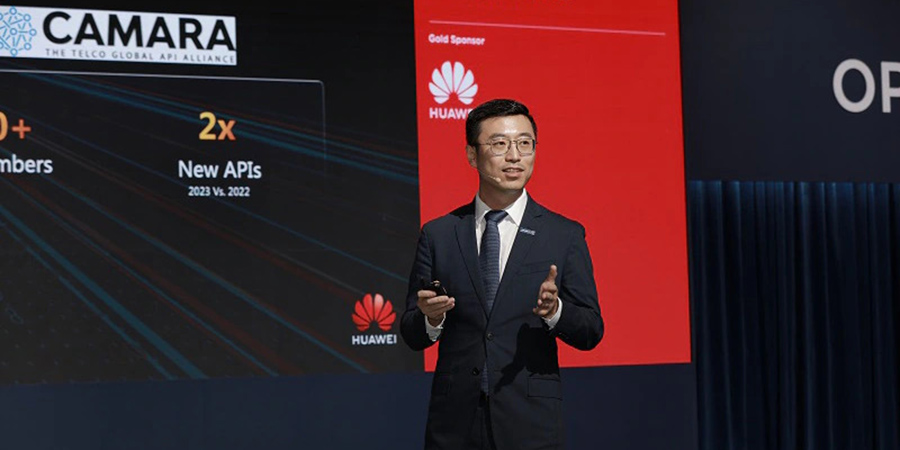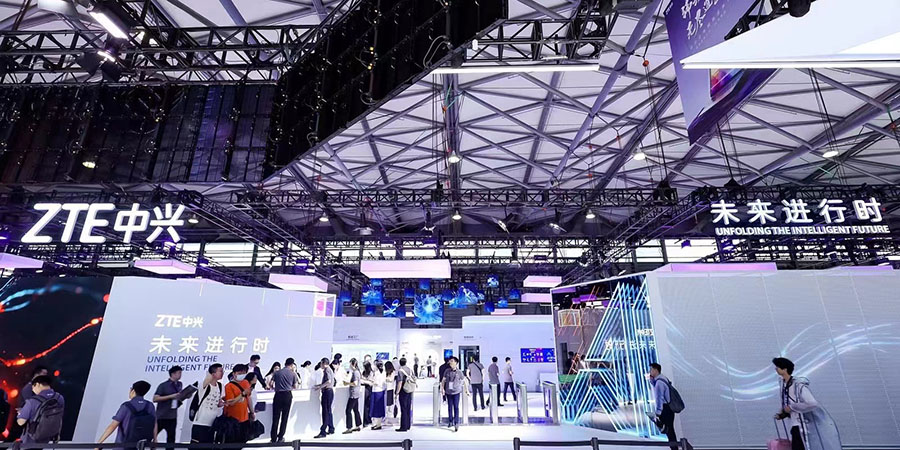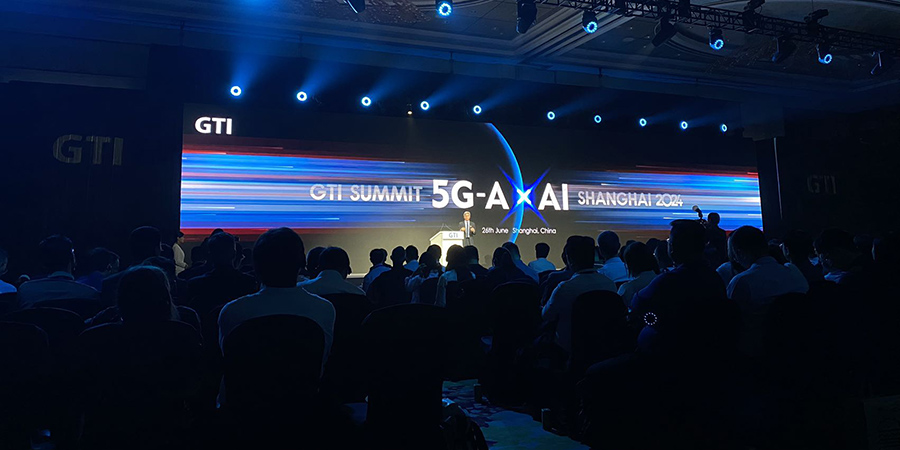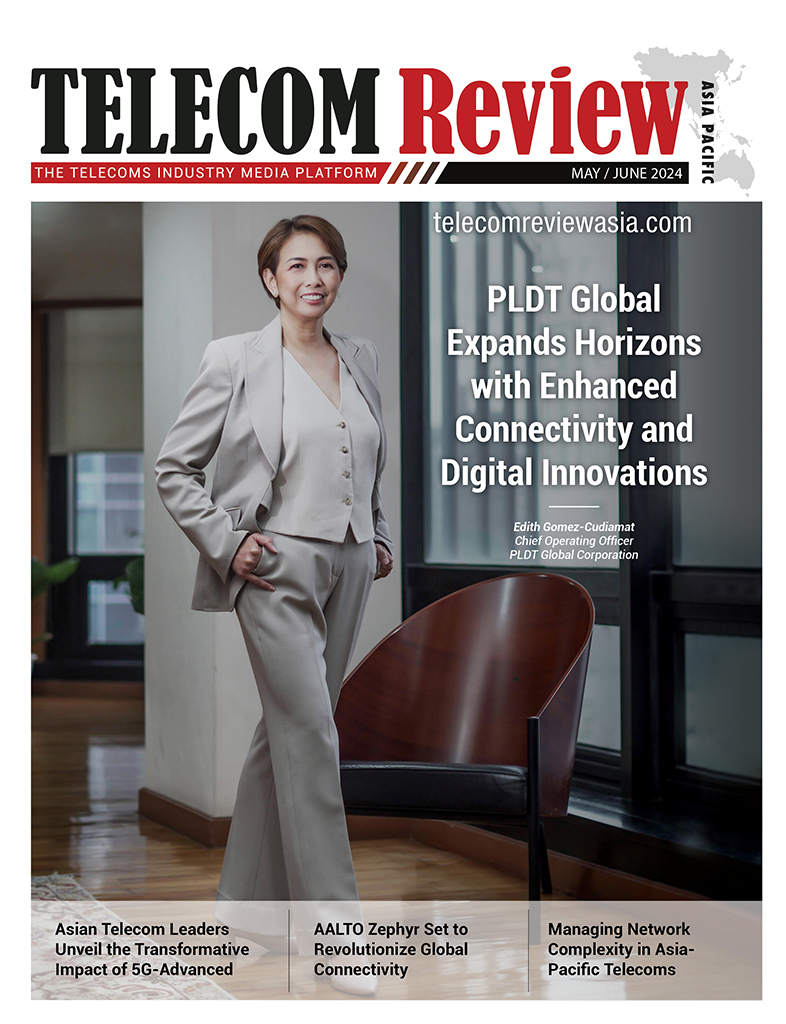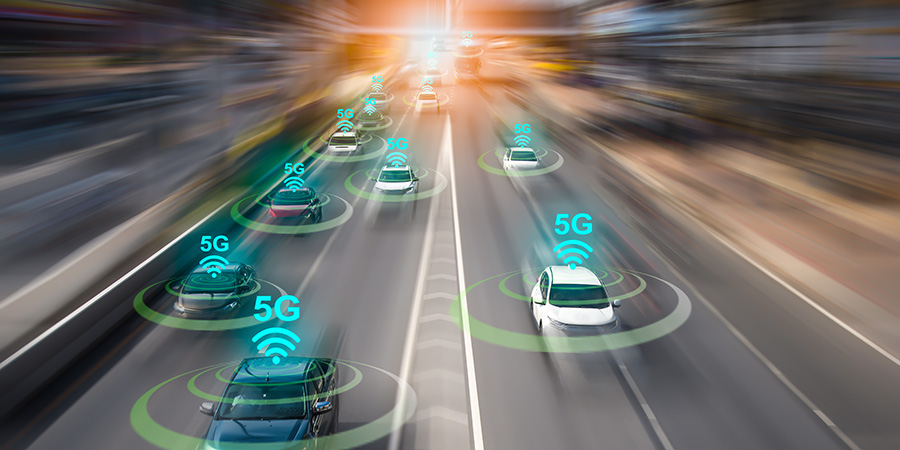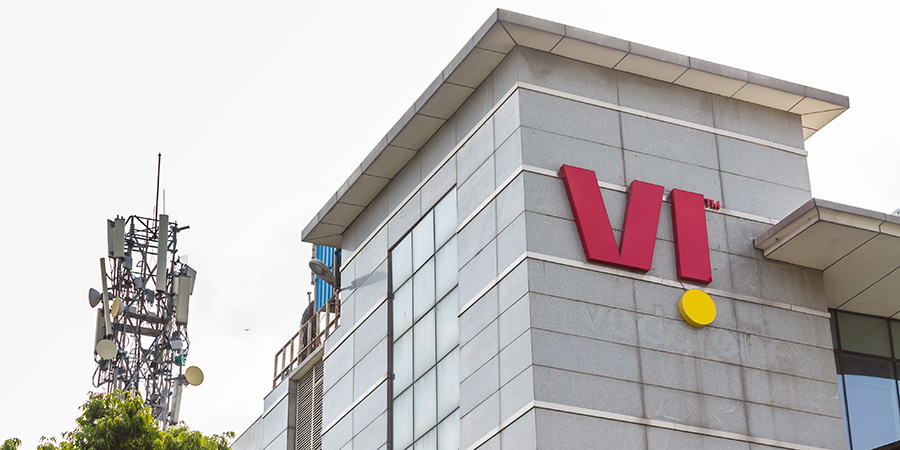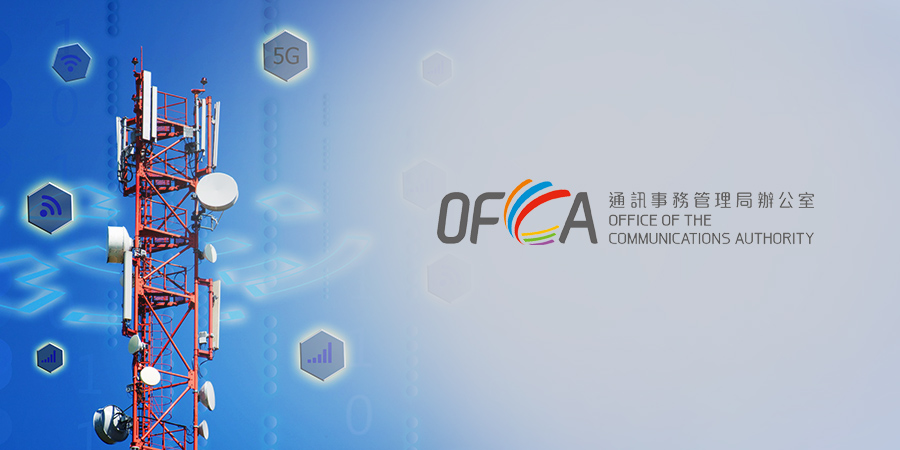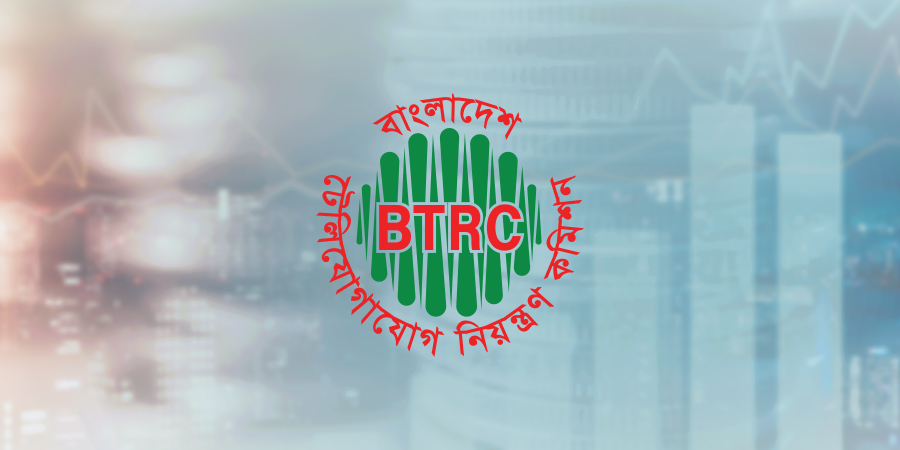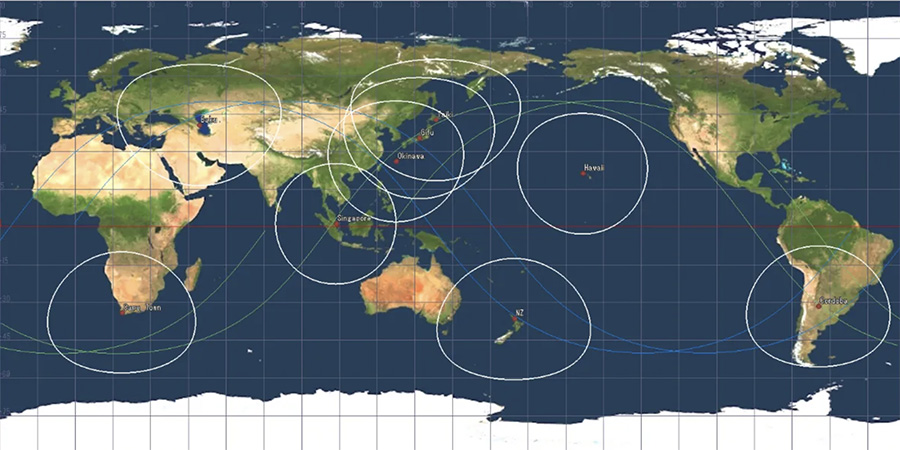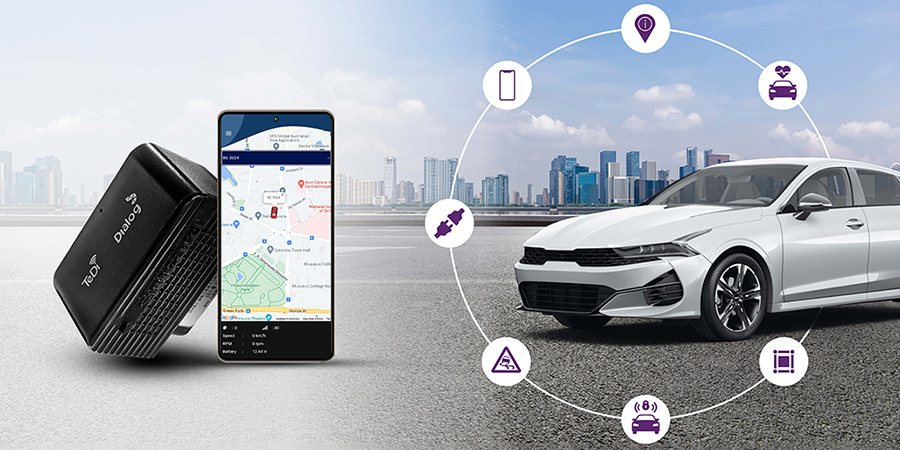Indonesia, with its sprawling archipelago and rapidly urbanizing population, faces significant challenges in its transportation infrastructure. The integration of 5G technology offers a transformative opportunity to develop Smart Transportation Systems (STS) that promise to enhance mobility, reduce congestion, and promote sustainable urban growth.
Indonesia's Transportation Landscape
Indonesia's transportation infrastructure is diverse, encompassing roads, railways, ports, and airports, each facing its own set of challenges. Urban areas, in particular, suffer from severe congestion, pollution, and inadequate public transport services. Traditional solutions have often fallen short due to the sheer scale of urban sprawl and population density.
Urban centers like Jakarta, Surabaya, and Bandung are notorious for traffic congestion, with the average commuter spending hours in traffic daily. This congestion not only affects productivity but also contributes to environmental pollution and deteriorates the quality of life for residents. Notably, in 2022, the total number of road traffic accidents in Indonesia was roughly 204.45 thousand cases, indicating a significant increase compared to the previous year.
The Promise of 5G in Transportation
5G technology, with its high-speed, low-latency, and massive device connectivity capabilities, is set to revolutionize transportation. It enables real-time data exchange, supports autonomous vehicle operations, and facilitates smart traffic management systems, all of which are critical for modernizing Indonesia's transportation infrastructure.
Smart traffic management systems powered by 5G can monitor and analyze traffic flow in real-time, enabling dynamic traffic signal adjustments and rerouting to alleviate congestion. For instance, in Bandung, pilot projects are testing 5G-enabled traffic lights that adapt based on current traffic conditions, significantly reducing wait times and improving traffic flow.
5G supports the deployment of autonomous vehicles (AVs) by providing the necessary infrastructure for vehicle-to-everything (V2X) communication. This is crucial for the safe and efficient operation of AVs, which can help reduce accidents caused by human error and provide reliable public transport options in urban areas. Indonesian cities are exploring partnerships with global AV manufacturers to pilot autonomous buses and shuttles.
Smart Mobility Solutions
Smart mobility solutions, including ride-sharing, bike-sharing, and e-scooters, benefit immensely from 5G connectivity. These services rely on real-time data for operations, from locating vehicles to processing payments. In cities like Jakarta, smart mobility platforms are integrating 5G to offer seamless, efficient, and sustainable transport options.
Several strategic initiatives are underway to harness the power of 5G in Indonesia's transportation sector. These initiatives are driven by government policies, private sector investments, and international collaborations.
The Indonesian government recognizes the critical role of 5G in achieving its smart city and sustainable transport goals. Thus, policies and frameworks are being established to facilitate 5G deployment, including spectrum allocation, infrastructure development, and regulatory support. The Ministry of Communication and Information Technology (Kominfo) is actively working on accelerating 5G rollout to support these initiatives.
Meanwhile, public-private partnerships (PPPs) are essential for the large-scale deployment of 5G-enabled transportation systems. Companies like Indosat Ooredoo Hutchison are at the forefront, partnering with local governments to develop smart city infrastructure that leverages 5G technology. These partnerships are crucial for pooling resources, expertise, and technology to create sustainable and scalable solutions.
Furthermore, Indonesia is collaborating with international technology providers and transport solution companies to bring cutting-edge innovations to its transportation sector. These collaborations are not only providing the necessary technology but also sharing best practices and knowledge to ensure successful implementation.
5G-Enabled Projects
Jakarta's Smart City initiative includes several 5G-enabled projects aimed at improving urban mobility, such as deploying 5G sensors across major roads to monitor traffic and environmental conditions in real-time, optimizing traffic light timings, managing congestion, and providing real-time updates to commuters through mobile apps.
Indonesia has been implementing various smart traffic management systems to enhance traffic conditions. These systems include the Intelligent Traffic Management System (ITMS), which utilizes advanced technologies such as sensors, cameras, and data analytics to monitor traffic flow in real-time and optimize signal timings.
Furthermore, Indonesia's coastal city of Makassar, one of the largest cities in eastern Indonesia, has launched its first modern on-street parking infrastructure featuring solar-powered parking terminals, signalling a new era of parking management.
Transportation integration has also been achieved at the South Jakarta CSW bus stop, connecting TransJakarta with the MRT, enhancing connectivity for commuters.
Similarly, Surabaya has launched an Intelligent Transport System (ITS) pilot project that uses 5G to integrate various modes of transportation, enabling seamless transitions between buses, trains, and ride-sharing services, all coordinated through a central 5G-powered platform to reduce travel time and enhance the user experience for daily commuters.
In Bandung, autonomous shuttles are being tested in specific urban areas to reduce traffic congestion and provide efficient last-mile connectivity, relying on 5G for real-time navigation, obstacle detection, and passenger communication, thus, ensuring safe and reliable service.
Despite these advancements, challenges remain, as highlighted by Jakarta Police Chief Inspector General, Tito Karnavian, who emphasized the shortage of surveillance cameras in the city back in 2022, indicating the need for further infrastructure investment to bolster traffic monitoring and management efforts.
Benefits of 5G-Enabled Transportation Systems
The integration of 5G into transportation systems offers numerous benefits, from economic growth to environmental sustainability. Improved transportation efficiency can significantly boost economic productivity by reducing travel time and operational costs. Moreover, businesses benefit from better logistics and supply chain management, while consumers enjoy more reliable and faster transport services.
Reducing traffic congestion leads to lower vehicle emissions, contributing to cleaner air and a healthier environment. Additionally, 5G-enabled smart transportation systems can promote the use of electric and shared vehicles, further reducing the carbon footprint.
That being said, building the necessary infrastructure for 5G, including base stations and fiber-optic networks, requires significant investment and coordination. Therefore, ensuring comprehensive coverage, especially in remote and rural areas, is essential for equitable access to smart transportation solutions.
With the proliferation of connected devices and data exchange, ensuring data security and privacy is paramount. Robust cybersecurity measures must be implemented to protect sensitive information and maintain public trust.
Creating a conducive regulatory and policy environment is crucial for the successful deployment of 5G technology. This includes addressing spectrum allocation, licensing, and ensuring interoperability standards across different systems and devices.
As these projects evolve, continuous monitoring, evaluation, and adaptation will be key to ensuring they meet the needs of Indonesia's diverse and dynamic population. The journey towards 5G-enabled smart transportation is just beginning, and with it, the promise of a more efficient, sustainable, and livable Indonesia.
Also Read: Navigating the Future: Technology-Driven Transportation Infrastructure in Asia Pacific



